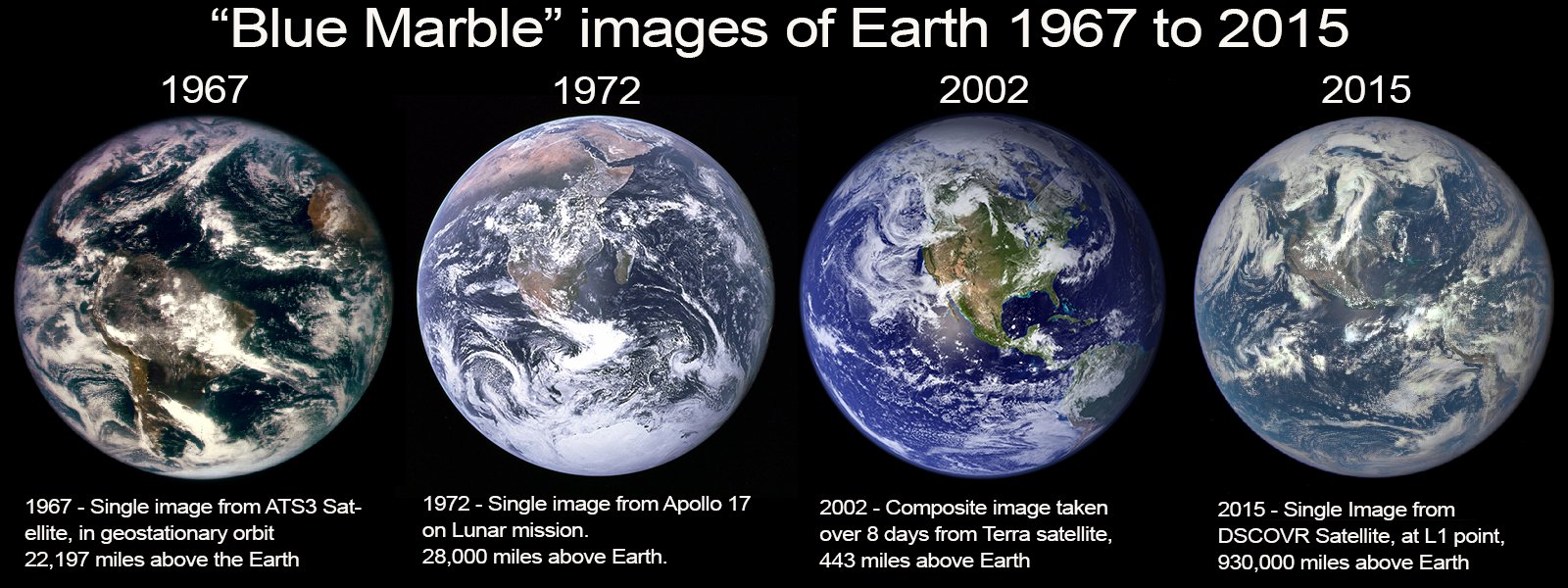- Joined
- Aug 20, 2006
- Messages
- 13,000
NASA has admitted that at its current budget levels, the space agency cannot land humans on Mars. While the dream of colonizing the red planet is (for) now left to others, NASA still has plans for a moon exploration mission in which a “Deep Space Gateway” will be built as a potential launching pad for further exploration of the solar system. In more positive space news, the agency has released new images of Jupiter’s big red spot taken by the Juno Spacecraft.
"I can't put a date on humans on Mars, and the reason really is…at the budget levels we described, this roughly 2 percent increase, we don't have the surface systems available for Mars," said Gerstenmaier at a meeting of the American Institute for Aeronautics and Astronautics today. In other words, we might be able to get to Mars orbit, but developing entry, descent and landing technology is beyond NASA's current budget constraints.
"I can't put a date on humans on Mars, and the reason really is…at the budget levels we described, this roughly 2 percent increase, we don't have the surface systems available for Mars," said Gerstenmaier at a meeting of the American Institute for Aeronautics and Astronautics today. In other words, we might be able to get to Mars orbit, but developing entry, descent and landing technology is beyond NASA's current budget constraints.
![[H]ard|Forum](/styles/hardforum/xenforo/logo_dark.png)
